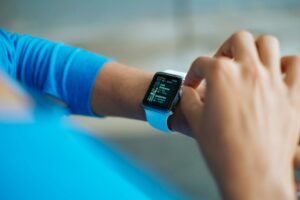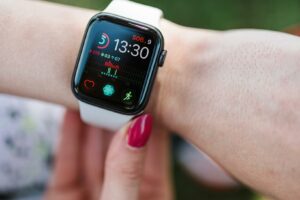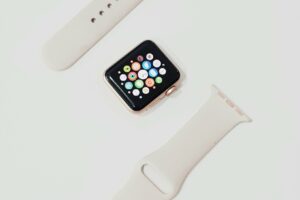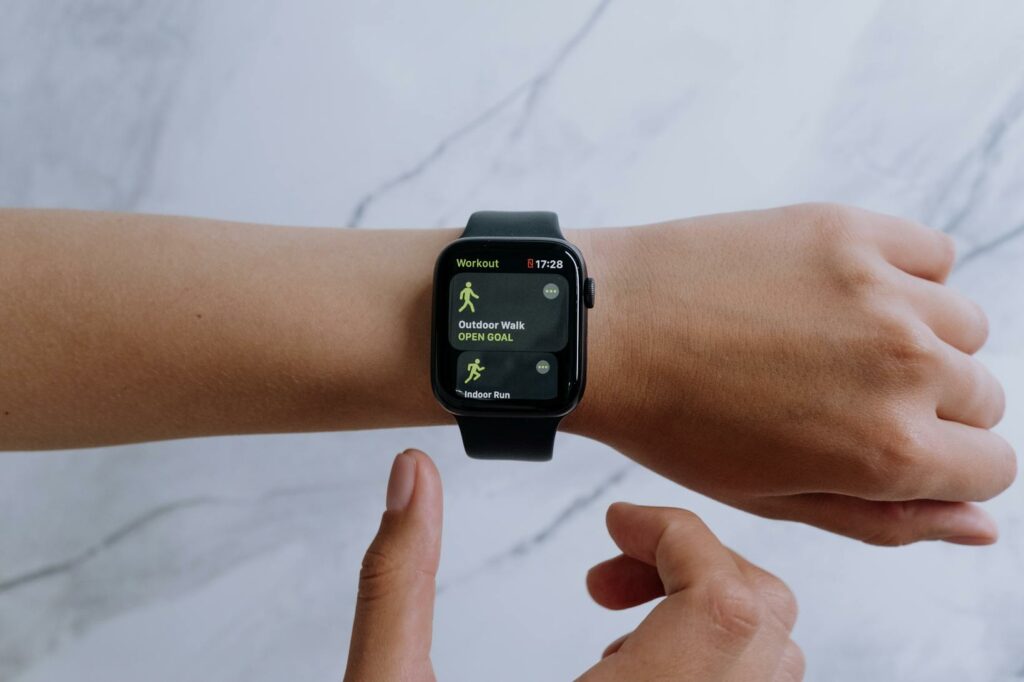In the era of digitization, healthcare isn’t untouched by the wave of mobile apps. These apps are revolutionizing the way we approach health and wellness, making it more accessible and personalized. They’ve become indispensable tools in our health-conscious society, providing everything from medication reminders to virtual doctor consultations.
Mobile Apps for Healthcare
The landscape of healthcare has drastically changed with the advent of mobile apps. These software applications are improving the quality of care, making health services more accessible.
The Importance of Health Apps

Healthcare mobile apps serve a critical role in today’s digital health era. They provide a platform for individuals to manage their health, offering features like tracking physical activity, offering dietary advice, monitoring vital signs, and providing medication reminders. For instance, ‘MyFitnessPal’ acts as a personal nutrition assistant, enabling users to monitor their caloric intake, plan meals, and establish exercise routines.
Healthcare professionals too benefit from these apps. Applications like ‘Epocrates’ provide access to a comprehensive drug reference, enabling medical practitioners to check drug information, verify potential drug interactions and identify pills. Furthermore, telehealth apps are bridging the gap between doctors and patients, making healthcare more accessible irrespective of geographical location.
Evolution of Health Apps
Over the years, the development of healthcare mobile apps has evolved substantially. Initially designed as an informational tool, they now encompass a wide array of features catering to all facets of an individual’s healthcare journey.

For example, early apps like ‘WebMD’ provided basic health information, whilst today’s apps, like ‘Oscar Health’, include features such as appointment scheduling, access to Electronic Health Records (EHRs), virtual doctor consultations, and real-time health tracking. The surge in the popularity of wearable technology has also enhanced the capabilities of health apps, integrating with devices like fitness trackers and smartwatches to provide real-time health data.
Types of Mobile Apps for Healthcare
Moving further into the mobile healthcare app space, it’s critical to dissect the different types. A range of apps cater to various aspects of healthcare, enhancing its horizon. Here are some categories:
Fitness Tracking Apps

Fitness tracking apps, like Fitbit and Strava, stand among the popular categories in the healthcare app domain. Their primary function revolves around monitoring user’s physical activities. They record distances covered, steps taken, calories burned, and sleep patterns. With some integrating with additional hardware such as heart rate monitors, these apps provide insights into one’s overall fitness levels. They’ve become indispensable tools for individuals paving towards a healthier lifestyle.
Wellness Apps
Wellness apps such as Headspace and Calm go beyond physical health, focusing on mental health and wellbeing. These apps offer resources for managing stress, maintaining mental balance, and promoting quality sleep. From guided meditations to sleep stories, they encompass features designed to enhance overall wellbeing. They certainly represent digital technology’s role in promoting mental health, demonstrating the comprehensive reach of healthcare apps.
Prescription Management Apps
Prescription management apps like MyMeds and Medisafe are stepping in to address the essential need of managing medications. They serve reminders for medicine intake, refill reminders, and even provide drug interaction warnings. The objective remains to reduce the chances of missed or incorrect doses, thereby ensuring safer and effective medication use.
Doctor On-demand Apps

Lastly, Doctor on-demand apps, such as Teladoc and Doctor On Demand, revolutionize patient-doctor interaction. They offer video consultations and virtual appointments with healthcare professionals. Users can discuss symptoms, receive diagnoses, and even get prescriptions written in real time, obviating the need for physical doctor visits. These apps are a testament to how technology has made healthcare more accessible and convenient than ever before.
Healthier Behaviors

Mobile health apps are revolutionizing the healthcare landscape. They’re not just tools for information anymore; they’ve evolved into comprehensive health management systems. From fitness tracking and wellness to prescription management and doctor-on-demand services, these apps are making health services more accessible and personalized. They’re fostering better patient engagement, promoting healthier lifestyles, and offering cost-effective solutions. But it’s not all smooth sailing. Issues around privacy, security, and accuracy of information present significant challenges. Case studies like MyFitnessPal and Babylon Health demonstrate the potential of these apps in personal health management and telemedicine. Meanwhile, the integration of AI, machine learning, and wearable technology is driving the future of self-care and remote patient monitoring. As they continue to evolve, mobile health apps will undoubtedly play an increasingly critical role in enhancing healthcare delivery and personal health management.

